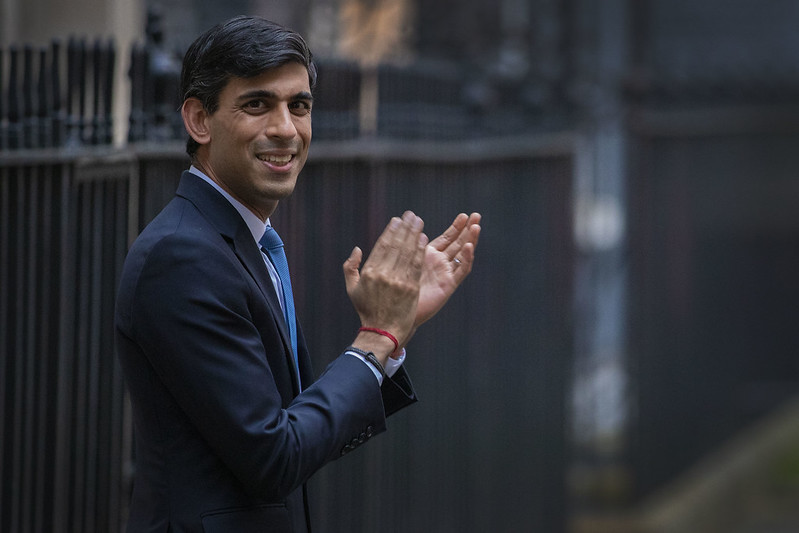The government is planning to extend the stamp duty holiday to the end of June to allow more home buyers to take advantage of the tax break, according to The Times.
 Chancellor Rishi Sunak looks set to push the deadline for the holiday back to 30 June 2021 when he announces his budget next week.
Chancellor Rishi Sunak looks set to push the deadline for the holiday back to 30 June 2021 when he announces his budget next week.
The stamp duty holiday was introduced in July last year in order to get the housing market back on its feet following the closure during the first lockdown.
It meant buyers were exempt from the tax on property purchases of up to £500,000 and therefore had the potential to save up to £15,000 on the transaction.
However, with the ‘holiday’ set to end on 31 March there have been concerns those buyers who will still be in the process of purchasing their home on the deadline would miss out on the tax break. Pundits have referred to this as the ‘cliff edge’ scenario because of the abrupt ending to the scheme leaving even those people who were close to completion missing out on the break.
Organisations representing mortgage brokers and lenders had called on the government to ‘taper’ the ending to make the deadline more flexible for those already in the process of buying a home.
The plans being considered by Rishi Sunak, however, involve the deadline being extended for all – and experts are equally concerned about this.
John Eastgate, managing director of property finance at Shawbrook Bank, said the extension would deliver a ‘soft landing’ for those transactions already in the pipeline and fearful of missing the current end date.
But he added: “Just changing when it ends doesn’t tackle the challenge of how to deliver a graceful and managed exit from an incentive that has served its purpose.”
Tapering the end
David Westgate, group chief executive of Andrews Property Group, said it was ‘simply kicking the can down the road’ and favoured a tapering rather than a complete extension.
He added: “We will have the same cliff edge scenario in three months with buyers desperately rushing to complete sales, but facing delays due to conveyancing issues.
“Conveyancers are already struggling to work their way through the growing pile of cases accumulating on their desks.
“Extending the deadline to the end of June will simply add a whole lot more cases to the bottom of the pile, and clog up the system.”
Inflated house prices
One of the consequences of the stamp duty holiday has been the significant growth in house prices by as much as 7.6% according to government figures released in January.
Although this has been welcomed as much-needed boost to the economy, it has also meant many first-time buyers have been priced out of the market.
There are concerns this inflation will continue when the chancellor extends the stamp duty holiday deadline.
Simon Nosworthy, head of residential conveyancing at London law firm Osbornes Law said the tax break had already created an ‘artificial bubble’.
He said: “Conveyancers like me and estate agents have probably never been busier thanks to the holiday. There have been lawyers having to turn away business while some local authorities have struggled to keep pace with the number of searches requested.”
And he added: “The holiday has reportedly saved house buyers £5 billion, which is unsustainable for the exchequer.
“While the holiday has fuelled house moves, the property market had already roared back into life after the first lockdown. It is therefore reasonable to believe that the market would still be in decent shape when the holiday ends.”
Scrapping stamp duty
Meanwhile others questioned whether this situation reinforced the case for scrapping stamp duty altogether.
Mark Arnold, CEO, Kensington Mortgages, said: “The chancellor should, in our view, make the threshold permanent.”
Research by Kensington found keeping the stamp duty at its current threshold of £500,000 could boost the UK treasury by £139 million a year, generated by higher transaction volumes, increased property prices, household consumption, and housing market activity.
Arnold said: “It’s the equivalent of 37,000 more property transactions each year. Reform could also lead to greater regional mobility – with ancillary trickle-down benefits – and stimulate downsizing, freeing up family homes and address the UK’s vital stock shortage.
“Permanent reform seems like a no brainer.”














